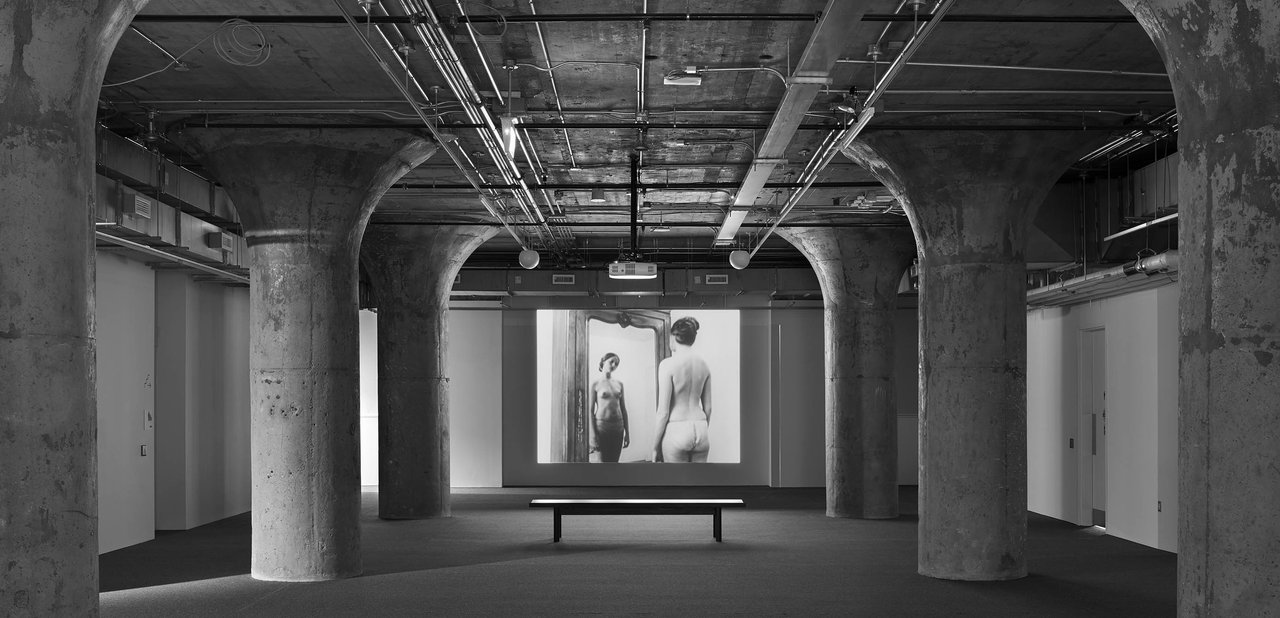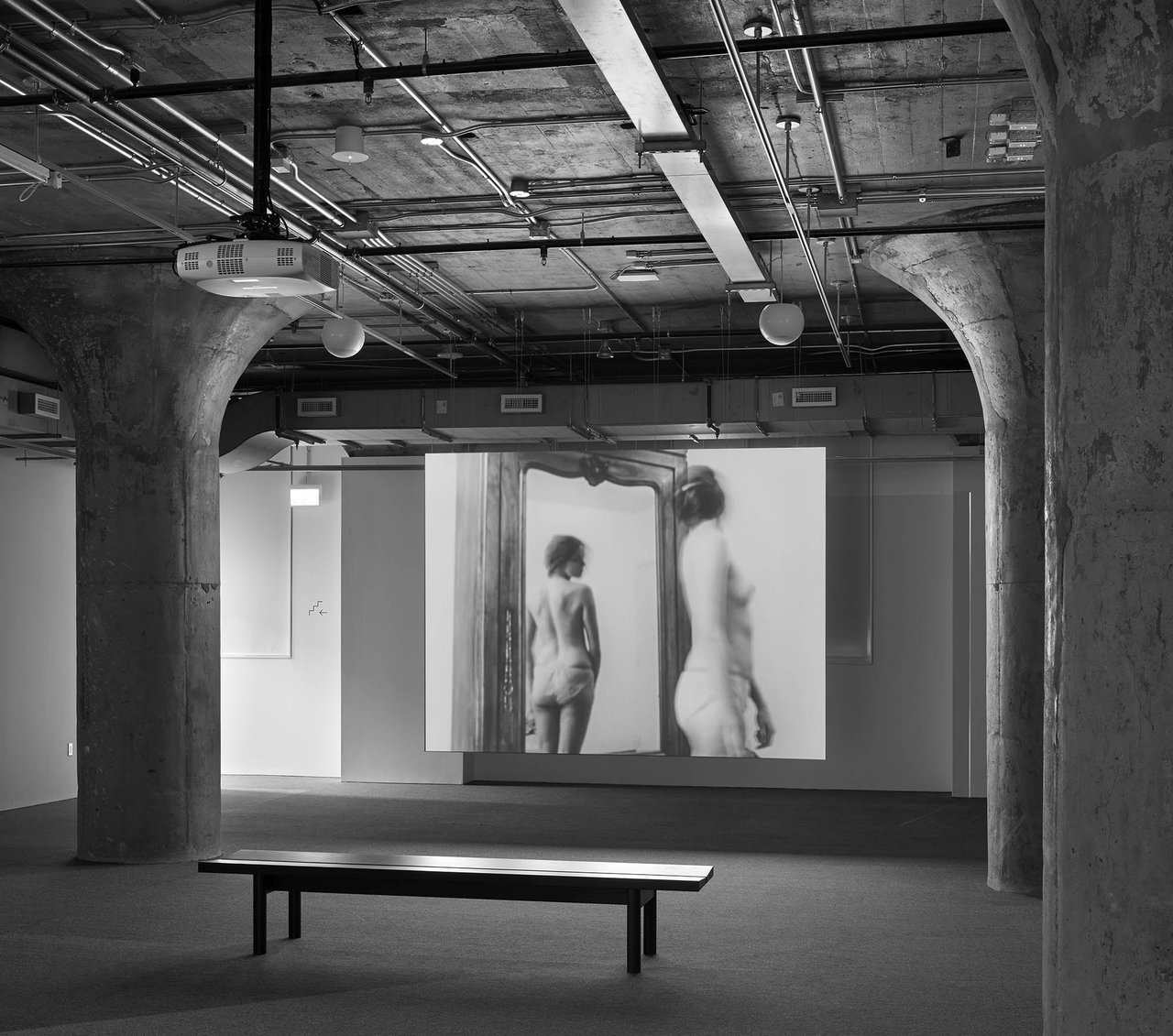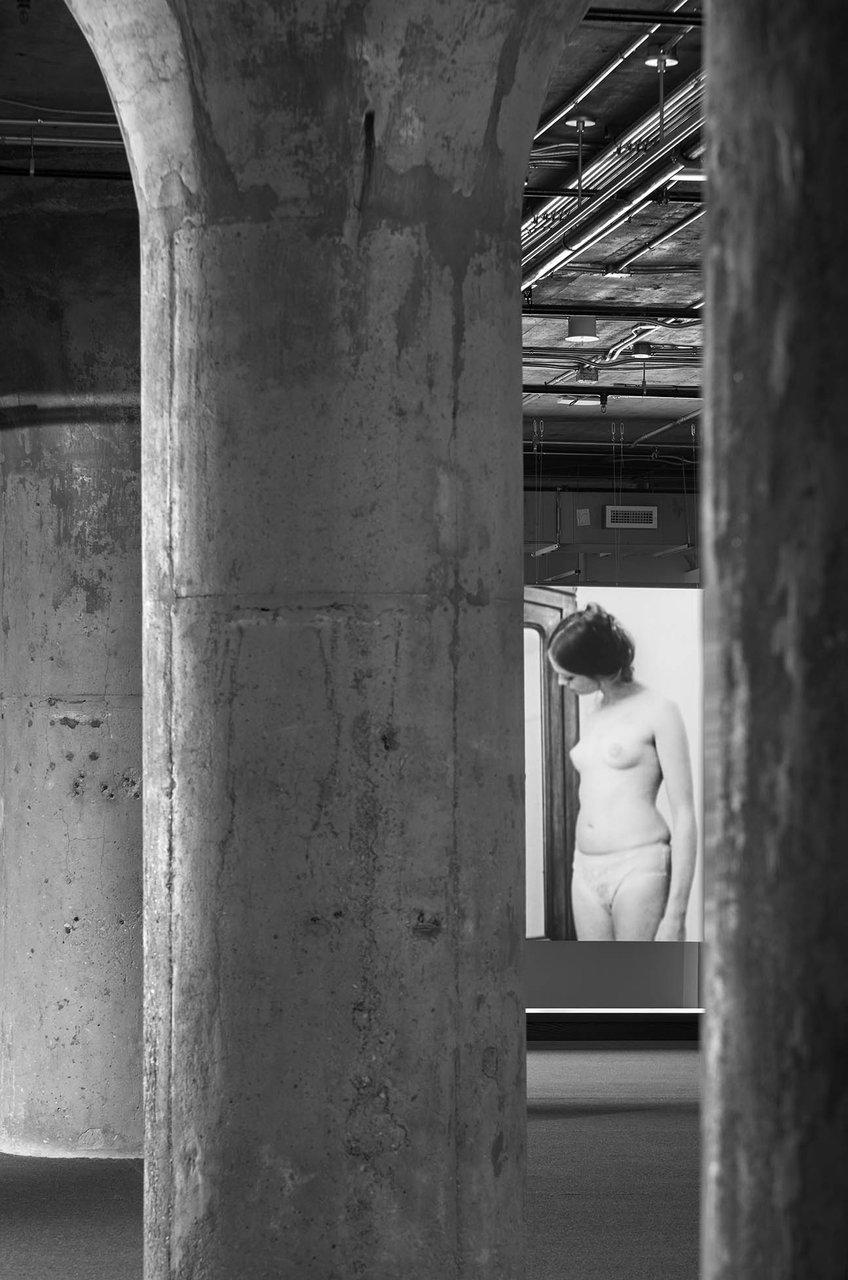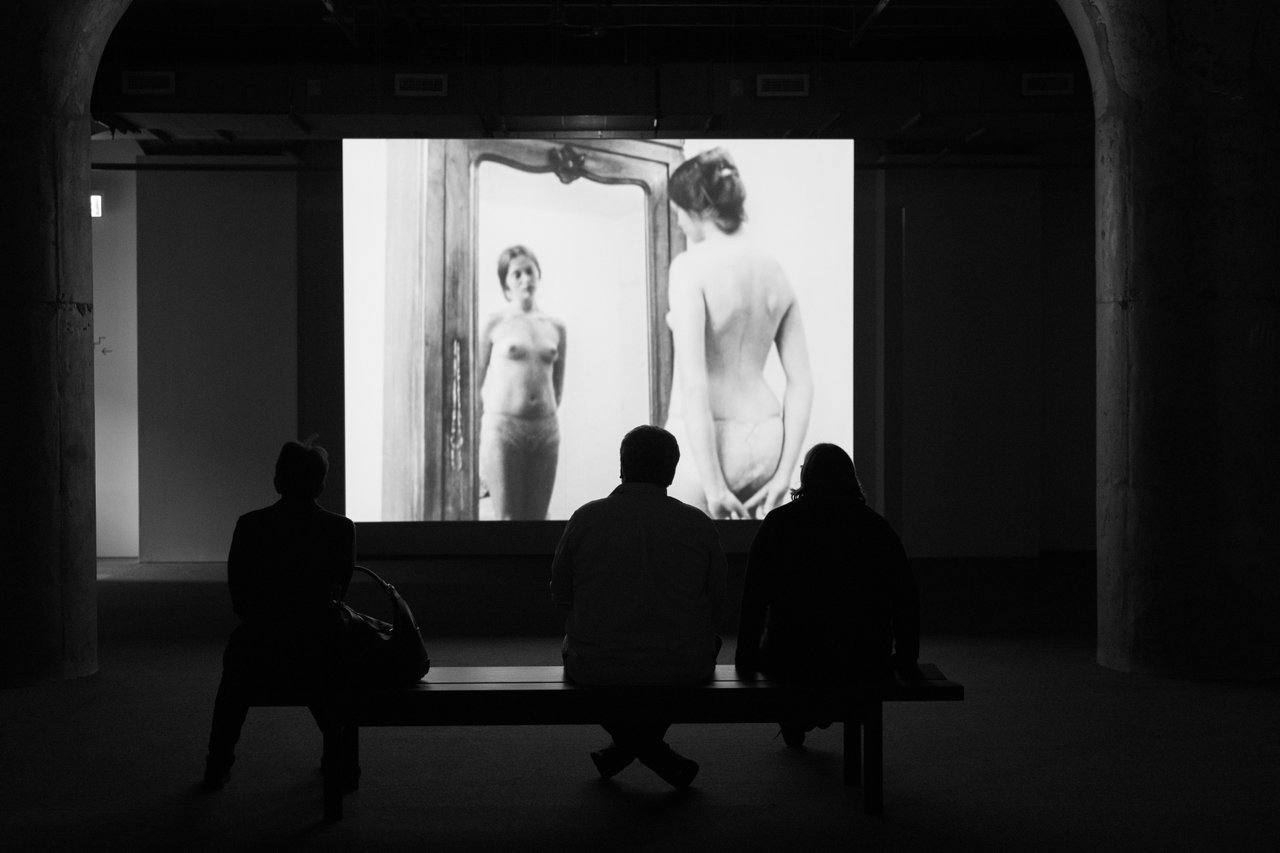Chantal Akerman’s untimely death in 2015 left a significant void within European arthouse cinema. With a career that spanned nearly five decades, the Belgian auteur’s innovative storytelling acumen and her flair for quotidian and feminist themes have become significant milestones within a particularly patriarchal practice. Most notably, Akerman’s 1975 film Jeanne Dielman, 23 Quai du Commerce, 1080 Bruxelles subverted traditional notions of female domesticity and docility through an intense character study that spans the course of three days. Clocking in at 3 hours and 21 minutes, the film fastidiously illustrates Dielman’s methodical daily routine, which includes caring for her son, all whilst performing her duties as a prostitute to ensure financial stability. However, when the protagonist’s routine becomes significantly compromised through subtle disruptions, Dielman betrays her conventional femininity in favour of satisfying more devious instincts. Since its induction into the illustrious film festival circuit, Jeanne Dielman, and subsequent Akerman titles, have carved a permanent space within academic studies focusing on gender, identity, and human sexuality.
Alongside establishing a disruptive presence within cinema, Akerman also infiltrated the art world through a series of installations beginning in the 1990s. The works were conceived for more standardized gallery and museum spaces, but have only been showcased within the UK scantly, or throughout select expositions. However, a major retrospective put on by London’s Ambika P3 saw curators Michael Maziere and Joanna Hogg closely collaborate with Akerman to translate her work within the confines of a white-cubed institution. Titled NOW, the exhibition premiered weeks after the celebrated filmmaker committed suicide at age 65, and featured a piece originally showcased at the 2015 Venice Biennale. Following this inaugural curatorial effort, which eventually was shown at Marian Goodman Gallery in New York, Akerman’s work has also been showcased at the Fondation Louis Vuitton in Paris and the Jewish Museum.
Toronto’s newly relocated and revamped Museum of Contemporary Art has similarly staged a space for Akerman’s installation efforts to flourish within a larger context. Featuring the aforementioned NOW, as well as an additional piece In the Mirror (2007), the presentation aims to encompass a myriad of themes present in the filmmaker’s oeuvre.
Displayed in two separate rooms, visitors are given an ability to confront the work individually. In the Mirror pointedly deals with themes that have persisted throughout Akerman’s career, as the camera depicts a young woman staring at herself in a mirror whilst making observations about her perceived aesthetic flaws. A poorly defined waist, blemishes, awkwardly shaped ears and smaller than average head are all outlined for the viewer. Throughout, the young subject showcases an awareness of gender and beauty norms, which perpetuate and ultimately garble one’s sense of self as a physical entity. The clip candidly mirrors the immense pressure placed on women to appear as idealized and socially-constructed versions of themselves.
Upon encountering NOW, a visitor will immediately be drawn towards the immense physicality of the installation. Spread across five screens in a dimly lit room, the videos layer image and sound in an often beguiling manner. Depicting a barren desert landscape and sound tracked by a mélange of juxtaposing sounds, including gunshots, a speeding car, and birds chirping, the piece is more existential in context. Viewers may contemplate the essence of human existence, and our perpetual inclination to resort to violence and other destructive behaviour. A sense of chaos pervades, which is reinforced by the often jittery use of tracking shots.
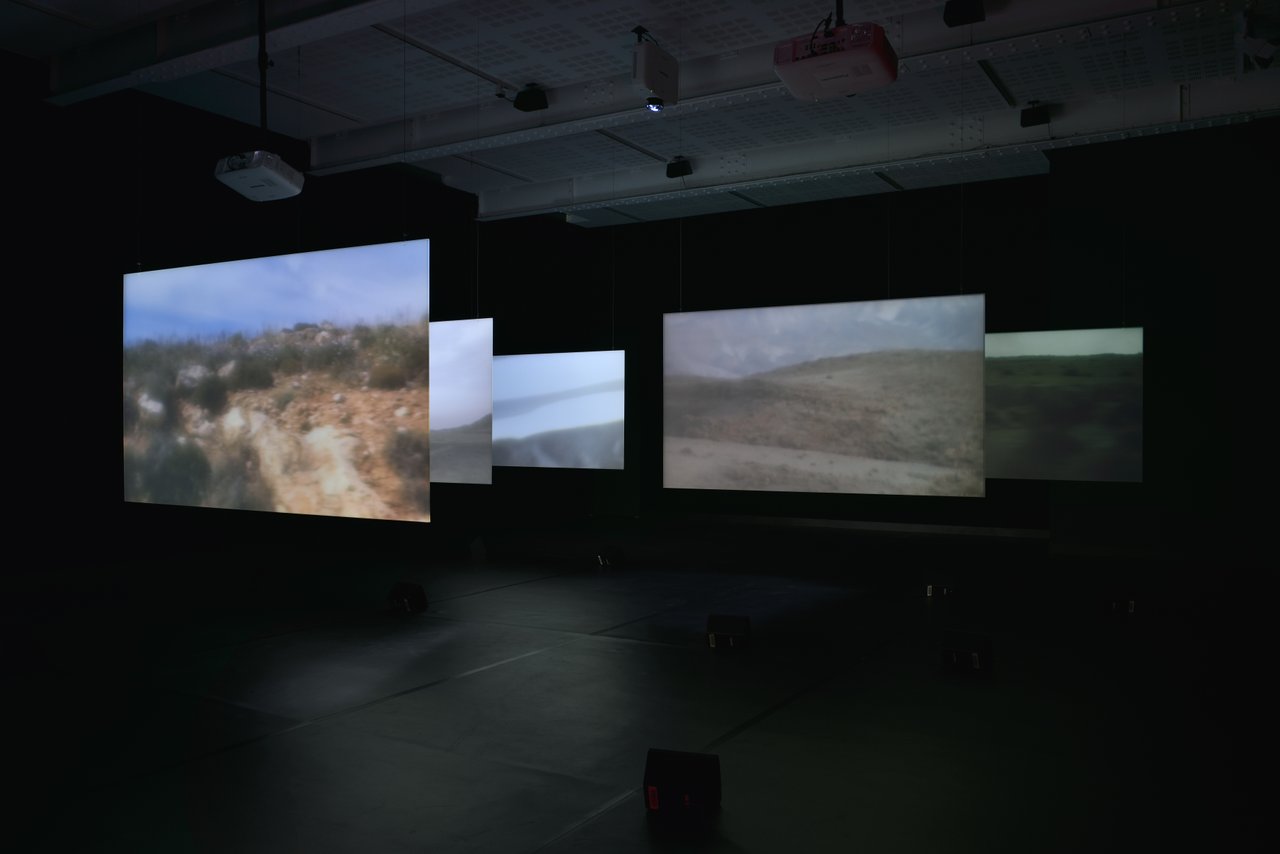
With a forthcoming retrospective to be showcased this fall at the TIFF Cinematheque by Andrea Picard, who lent a helping hand to the MOCA’s exhibition, it is safe to say Akerman mania has infiltrated and proliferated across Toronto.
David Saric
*Exhibition information: February 14 – April 14, 2019, Museum of Contemporary Art, 2nd floor, 158 Sterling Road, Toronto. Museum hours: Mon, Wed, Thurs, Sat and Sun 10 am – 5 pm, Fri 10 am – 9 pm, Tue closed.

